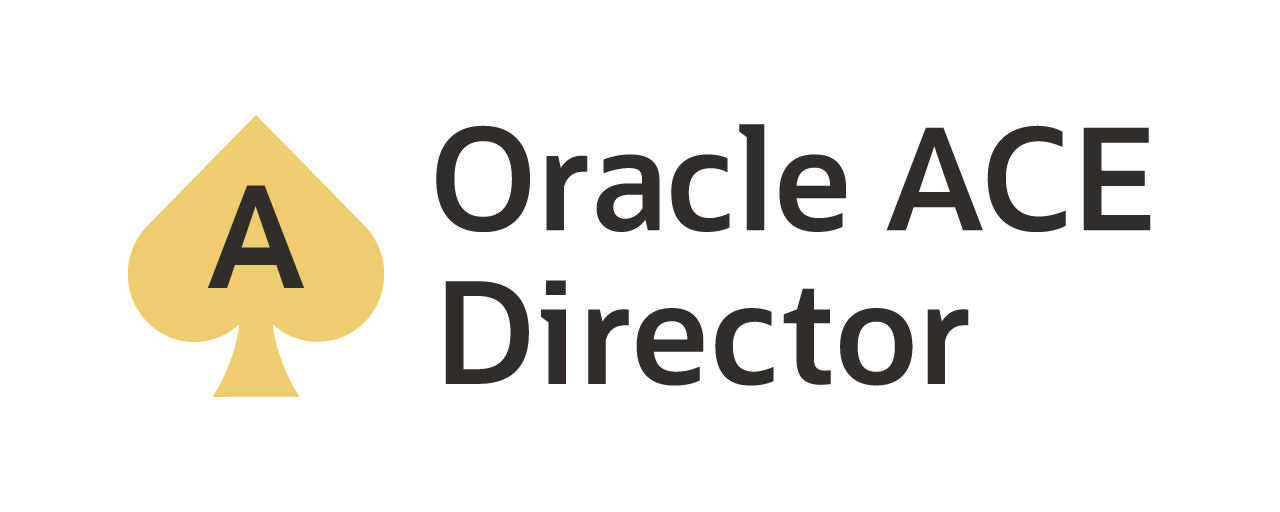
If you’re reading this, you’ve probably wondered whether documenting your technical experiences is worth the effort. Maybe you’re concerned about giving away your competitive edge. I get it – I spent years thinking the same way.
Let me share how one conversation at Oracle Open World 2012 completely changed my perspective on knowledge sharing and transformed my career trajectory.
The Consultant’s Dilemma
In 2011, I received a call that changed everything. The question was simple: “How much money do you want to make?” My answer landed me a consulting role in the Oracle space – exciting, terrifying, and full of imposter syndrome. Like many of you transitioning to consulting or new technical roles, I wondered: Did I know enough? Would clients see value in my expertise?
Here’s what I didn’t understand yet: **Technical expertise without documentation is like having a toolkit you can’t fully access when you need it most.**
The Oracle Open World Moment
Fast forward to 2012. I’d submitted an abstract to Oracle Open World on a whim, got accepted, and found myself with the infamous Thursday-after-lunch slot (if you know, you know). But that week in San Francisco taught me something invaluable.
I watched presenter after presenter – Oracle ACEs, independent consultants, product managers – freely sharing deep technical knowledge. One session particularly struck me: an Oracle Enterprise Manager deep dive where the room literally surged forward afterward to connect with the presenter. The next day, I had coffee with that presenter. She said something that stuck with me:
> “The more you share, the more you learn. The more you learn, the more valuable you become. Your documentation today is your troubleshooting guide tomorrow.”
She was right. Within that week, I met six people who would later invite me to co-author the first comprehensive book on Oracle Enterprise Manager 12c. They encouraged me to start this blog – DBAsolved.com – which you’re reading right now.
The Technical Compound Effect
Between 2012 and 2016, here’s what happened when I committed to writing:
- Published 4 technical books on Oracle technologies
- Built DBAsolved into a go-to resource for Oracle professionals
- Developed a network of technical experts across the globe
- Most importantly: Became a better DBA and consultant
But let’s talk about the real technical benefits:
1. Rapid Problem Resolution
When you document your solutions, you create a searchable knowledge base. That critical GoldenGate replication issue at 2 AM? I had notes from a similar problem I’d solved and documented six months earlier. What could have been a four-hour troubleshooting session became a 30-minute fix.
2. Deeper Technical Understanding
Writing forces you to understand technologies at a fundamental level. You can’t effectively explain Oracle’s redo log mechanism or GoldenGate’s trail file structure without truly understanding it. The process of writing technical content drives you to test, break, fix, and validate in ways that reading documentation never will.
3. Building Test Scenarios
Every blog post became an excuse to build test cases. Writing about Oracle Data Guard? Set up multiple configurations. Documenting GoldenGate heterogeneous replication? Build the environment, break it intentionally, document the recovery. This “safe” experimentation made me confident handling production issues.
4. Community-Driven Learning
The comments and questions on blog posts often taught me more than my original research. Readers would share edge cases, alternative solutions, and scenarios I hadn’t considered. My individual knowledge became community knowledge, and the community’s knowledge became mine.
The Practical Approach
Here’s how to start documenting without overwhelming yourself:
Start Small:
- Document that tricky installation you just completed
- Write up the solution to that obscure ORA- error you spent hours solving
- Share that useful SQL script you created
Focus on Problems Solved:
- Every production issue resolved is a potential blog post
- Every successful migration is a case study
- Every performance optimization is a learning opportunity others need
Make It Searchable:
- Use clear titles that describe the problem and solution
- Include error messages exactly as they appear
- Tag your content with relevant versions and technologies
Code Examples Matter:
```sql
-- Don't just say "check the tablespace”
-- Show them how:
SELECT tablespace_name,
ROUND(bytes/1024/1024,2) AS size_mb,
ROUND(maxbytes/1024/1024,2) AS max_size_mb,
autoextensible
FROM dba_data_files
WHERE tablespace_name = ‘USERS’
ORDER BY file_id;
```
The ROI You Don’t Expect
Writing about technology isn’t just about building your brand (though that happens). It’s about:
- Creating reusable assets – Your future self will thank you
- Building credibility – Clients trust consultants who can point to proven solutions
- Expanding your network – The Oracle community is smaller than you think
- Accelerating learning – Teaching is the fastest way to master any technology
Your Turn
I challenge you to document one technical solution this week. It doesn’t need to be groundbreaking. That weird chmod permission issue you solved? Someone else is struggling with it right now. That GoldenGate parameter combination that finally worked? Another DBA needs it.
Start with your next interesting problem. Document the issue, your troubleshooting process, and the solution. Include the error messages, the environment details, and the actual commands or code that fixed it.
You never know who might benefit from your experience – including yourself six months from now when you face the same issue again.
Final Thoughts
That conversation at Oracle Open World taught me that knowledge shared is knowledge multiplied. Every blog post, every technical article, every documented solution makes you better at what you do. It transforms you from someone who fixes problems to someone who prevents them – for yourself and for others.
The Oracle community thrives because people share their experiences. Your unique perspective, your specific use cases, your hard-won solutions – they all have value.
So, why do I write? Because every piece of documentation is an investment in my future productivity, my professional network, and the community that’s given me so much.
What will you write about?
Bobby Curtis

I’m Bobby Curtis and I’m just your normal average guy who has been working in the technology field for awhile (started when I was 18 with the US Army). The goal of this blog has changed a bit over the years. Initially, it was a general blog where I wrote thoughts down. Then it changed to focus on the Oracle Database, Oracle Enterprise Manager, and eventually Oracle GoldenGate.
If you want to follow me on a more timely manner, I can be followed on twitter at @dbasolved or on LinkedIn under “Bobby Curtis MBA”.

